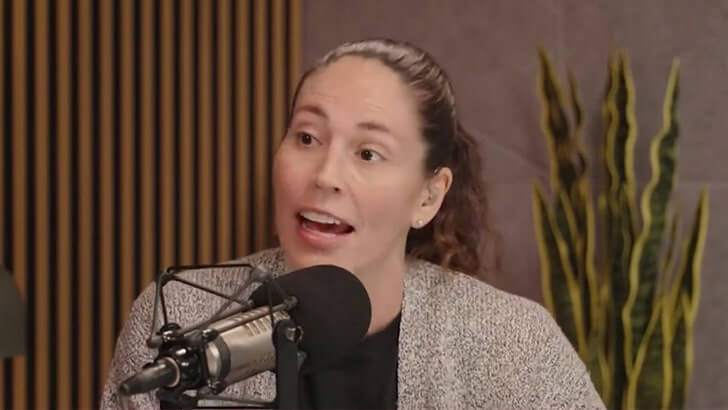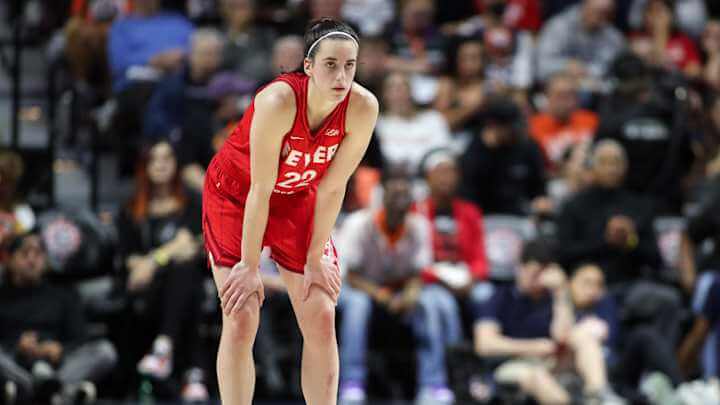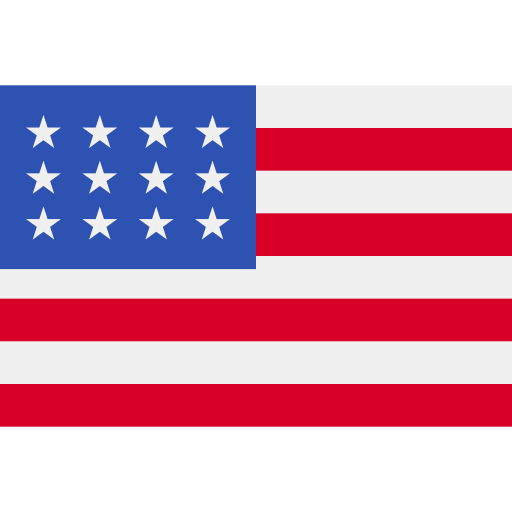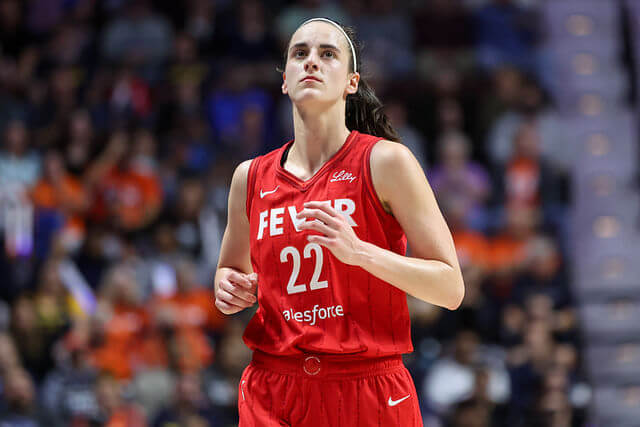No products in the cart.
World News
Sue Bird and Caitlin Clark Speak Out on Racism in the WNBA: A Call for Change
Sue Bird and Caitlin Clark: Champions On and Off the Court
Sue Bird, a legendary figure in women’s basketball, and rising star Caitlin Clark are known not only for their extraordinary talents on the court but also for their willingness to speak out on social issues. Recently, both Bird and Clark have added their voices to the conversation about racism in the WNBA, an issue that continues to plague professional sports. In a candid discussion, they highlighted the disparities that Black players, coaches, and staff face within the league and broader basketball community.

Bird, who retired as one of the most decorated players in WNBA history, has always been an outspoken advocate for equality, whether through her support for the LGBTQ+ community or her activism in addressing racial injustice. Caitlin Clark, a standout player for the University of Iowa and one of the most highly anticipated future stars of the WNBA, is also proving to be a vocal advocate for fairness and inclusion. The pairing of Bird’s experience and Clark’s fresh perspective signals that the fight against racism in women’s basketball spans generations and demands collective action.
Both athletes recognize that the issue of racism is not isolated to one league or sport. However, their focus on the WNBA reflects the need for systemic change within a league that is predominantly made up of Black women but still suffers from inequality in terms of media representation, pay disparity, and the treatment of Black athletes. Bird and Clark’s call to address these injustices is a reminder that athletes are more than just competitors—they are also leaders in the fight for a better, more inclusive future.
The Struggles of Black Players in the WNBA
While the WNBA is often celebrated as a progressive league that champions diversity and inclusion, Black players continue to face challenges that highlight ongoing racial disparities. Despite making up the majority of the league, Black athletes in the WNBA are often sidelined when it comes to media attention, endorsements, and opportunities off the court. Sue Bird and Caitlin Clark both pointed to this lack of representation as a major issue that needs to be addressed.
One of the key problems is the media’s tendency to elevate non-Black athletes, even when Black players are dominating on the court. This issue is not unique to the WNBA, but the stark contrast between how Black and white players are portrayed in the media has led to frustration among many athletes. Clark, who is white, has been quick to acknowledge her own privilege in this regard. She has openly discussed the fact that her rise to fame has been amplified by the media, while equally talented Black athletes have not received the same level of recognition or support.
The disparity is also evident in the commercial landscape. Black WNBA players often struggle to secure lucrative endorsement deals, despite their significant impact on the court. This inequity is compounded by the fact that women’s sports, in general, receive far less financial support and sponsorship than men’s sports, making it even more difficult for Black female athletes to thrive. Bird and Clark have both advocated for a more equitable system where all players, regardless of race, have access to the same opportunities and resources.
The Role of the WNBA in Combating Racism
While the WNBA has made strides in promoting social justice—such as its support for the Black Lives Matter movement and its initiatives to highlight social issues—there is still work to be done in terms of addressing racism within the league itself. Sue Bird and Caitlin Clark have called on the league to take more proactive measures in tackling these issues, both on and off the court.

One area where the WNBA could improve is in leadership representation. While the majority of players in the league are Black, the coaching staff and executive roles are still predominantly filled by white individuals. This lack of representation at the decision-making level can lead to a disconnect between the players and the league’s leadership, making it harder to address the concerns of Black athletes. Bird and Clark have suggested that increasing diversity within the WNBA’s leadership would be a crucial step toward creating a more inclusive environment.
Additionally, both athletes have emphasized the importance of education and training within the league. By implementing mandatory training sessions on racial bias, cultural sensitivity, and the importance of allyship, the WNBA can foster a more supportive atmosphere where all players feel heard and respected. Bird, who has spent years advocating for equity in sports, believes that these efforts must be ongoing and embedded into the league’s culture, rather than one-off initiatives.
Clark, as a rising star, has also pointed out the importance of using her platform to elevate the voices of her Black teammates and peers. She acknowledges that while individual players can contribute to positive change, the league as a whole must take responsibility for ensuring that racism is confronted and dismantled at every level.
Allyship and the Responsibility of Non-Black Athletes
A key theme in the conversation around racism in the WNBA is the role of allyship—particularly the responsibility of non-Black athletes to stand in solidarity with their Black teammates. Sue Bird and Caitlin Clark both understand the power of their platforms and the importance of using their voices to advocate for systemic change. Bird, as a veteran of the sport, has always been a vocal advocate for marginalized groups, while Clark, despite being early in her career, is already making her stance on social issues clear.
Both athletes have emphasized that it’s not enough to simply be “not racist”—one must be actively anti-racist. This means calling out discrimination when it occurs, amplifying the voices of those who are marginalized, and working to ensure that the sports world is an inclusive space for everyone. Bird, who is white, has consistently used her influence to highlight the contributions and struggles of her Black teammates, understanding that her own privilege comes with the responsibility to advocate for others.
Clark, meanwhile, has quickly risen to fame for her exceptional skills on the basketball court, but she recognizes the importance of using her growing platform to address issues beyond sports. She has spoken openly about her desire to be an ally to her Black teammates and peers, ensuring that they receive the recognition and respect they deserve. Clark’s willingness to engage in conversations about race and inequality, especially as a young player, demonstrates her commitment to making the WNBA a more equitable and inclusive environment.
Together, Bird and Clark represent a powerful example of allyship in action. Their partnership in speaking out against racism sends a strong message to the wider basketball community and beyond—that change is possible when athletes stand together and refuse to tolerate injustice.
Looking Ahead: Creating a More Inclusive Future for the WNBA
As Sue Bird and Caitlin Clark continue to push for change, their efforts reflect a broader movement within women’s sports to address racial inequality. The WNBA, as a league that has historically been at the forefront of social justice issues, has the potential to lead the charge in creating a more inclusive and equitable future. However, as both Bird and Clark have emphasized, this requires ongoing commitment and action, not just symbolic gestures.
Moving forward, the WNBA can take several concrete steps to address the issues raised by Bird, Clark, and other players. These include increasing representation in leadership roles, securing better financial opportunities for Black athletes, and ensuring that the league’s commitment to racial justice is reflected in its policies and practices. By creating a more equitable playing field, the WNBA can ensure that all of its athletes—regardless of race—have the opportunity to thrive.
The voices of athletes like Bird and Clark are crucial in pushing the conversation forward. Their willingness to confront uncomfortable truths and demand change serves as an inspiration to others, both within the WNBA and beyond. As the fight against racism in sports continues, their leadership will be instrumental in shaping a future where every athlete is treated with the respect and dignity they deserve.
Ultimately, the goal is not just to address racism in the WNBA, but to create a culture of inclusion and respect that permeates every aspect of women’s sports. With athletes like Sue Bird and Caitlin Clark leading the charge, there is hope that the WNBA can become a model for how professional sports leagues can confront and dismantle systemic racism, creating a more just and equitable future for all.
From viraldes


